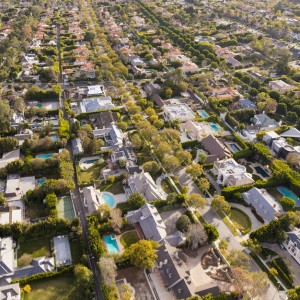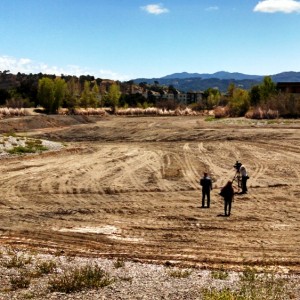The Stream, April 8: Police Crack Down on Pollution Protest in Inner Mongolia
The Global Rundown |
China quashes a protest but responds to the grievances. California does a poor job of conserving water, while its water utilities use a lot of electricity. European water companies look to India for new business opportunities as a water software business in the United States grows. Water rationing begins in Taiwan.
“More corporates will be forced to spend on water self-sufficiency. With government announcements about shutting polluting industries along the Ganges, we’ll see more industrial demand for water recycling in the coming decade.” — G.V. Giri, an analyst with IIFL Capital Limited, talking about the growth potential for India’s water sector. European giants such as Veolia and Suez are angling in the market. (Livemint)
By The Numbers |
2.8 percent: California urban water conservation in February, the worst performance since monthly accounting began last June. The statewide average that was hurt by increasing use in Southern California. Circle of Blue
10 percent: Share of California’s electricity used by water and wastewater utilities. Union of Concerned Scientists
Science, Studies, And Reports |
As many as 2,000 riot police were used to end a village protest over pollution from a chemical refinery in Inner Mongolia, a province in northern China. Villagers wrote on social media websites that they were protecting their rights to clean air, land, and water. Chinese officials responded by closing the refinery. Washington Post
On The Radar |
Taps in more than one million households in Taiwan will be dry two days per week as the island begins rationing water in response to the worst drought in decades. BBC
A San Francisco software company that uses data from water bills to encourage conservation raised $US 7 million in funding. WaterSmart’s services are used by roughly 2 percent of North America’s 100 million metered water connections. Forbes
Brett writes about agriculture, energy, infrastructure, and the politics and economics of water in the United States. He also writes the Federal Water Tap, Circle of Blue’s weekly digest of U.S. government water news. He is the winner of two Society of Environmental Journalists reporting awards, one of the top honors in American environmental journalism: first place for explanatory reporting for a series on septic system pollution in the United States(2016) and third place for beat reporting in a small market (2014). He received the Sierra Club’s Distinguished Service Award in 2018. Brett lives in Seattle, where he hikes the mountains and bakes pies. Contact Brett Walton







Leave a Reply
Want to join the discussion?Feel free to contribute!